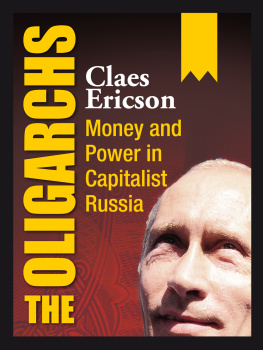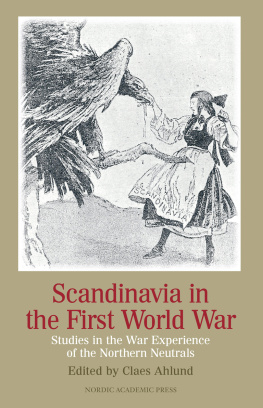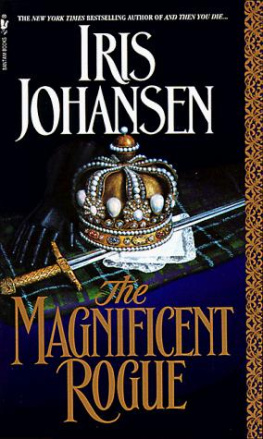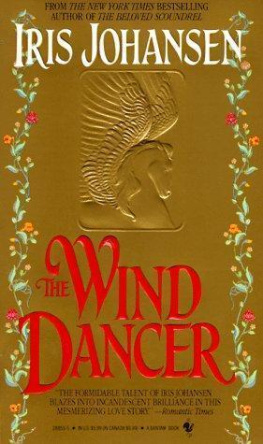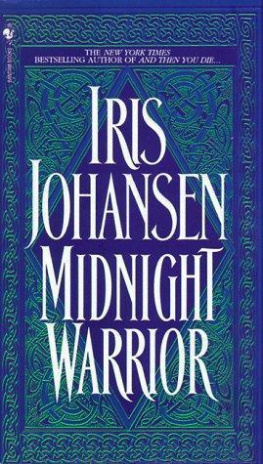Hitlers Nordic Ally?
Hitlers Nordic Ally?
Finland and the Total War
193945
Claes Johansen
First published in Great Britain in 2016 by
PEN AND SWORD MILITARY
an imprint of
Pen and Sword Books Ltd
47 Church Street
Barnsley South Yorkshire S70 2AS
Copyright Claes Johansen, 2016
ISBN 978 1 47385 314 0
eISBN 978 1 47385 315 7
The right of Claes Johansen to be identified as the author of this work has been asserted by him in accordance with the Copyright, Designs and Patents Act 1988.
A CIP record for this book is available from the British Library.
All rights reserved. No part of this book may be reproduced or transmitted in any form or by any means, electronic or mechanical including photocopying, recording or by any information storage and retrieval system, without permission from the Publisher in writing.
Pen & Sword Books Ltd incorporates the imprints of Archaeology, Atlas, Aviation, Battleground, Discovery, Family History, History, Maritime, Military, Naval, Politics, Railways, Select, Social History, Transport, True Crime, Claymore Press, Frontline Books, Leo Cooper, Praetorian Press, Remember When, Seaforth Publishing and Wharncliffe.
For a complete list of Pen and Sword titles please contact
Pen and Sword Books Limited
47 Church Street, Barnsley, South Yorkshire, S70 2AS, England
E-mail:
Website: www.pen-and-sword.co.uk
Front cover images courtesy of SA-Kuva
The Winter War
30 November 1939 13 March 1940
The Interim Peace
13 March 1940 25 June 1941
The Continuation War
25 June 1941 19 September 1944
The Last War And the Peace
(19441945)
Introduction
Please consider the following facts :
Finland was the only nation with an elected and democratic government to fight on the German side in the Second World War.
Both Churchill and Hitler anticipated that the Nordic countries would be a critical front in the Second World War due to the German war machines dependency on iron ore from Kiruna in Sweden and nickel from Petsamo in Finland. Meanwhile, Stalin feared a German attack on Leningrad via Finnish territory.
The Finnish Army was probably the most effective fighting force in all of the Second World War. Despite being made up of conscripts, small and poorly armed, it managed with practically no outside help to keep the mighty Red Army at bay for more than three months during the Winter War of 1939-40.
The Finnish Front during the invasion of the Soviet Union constituted almost one third of the length of the entire Russian Front.
The Finnish Army held the north-western sector during the German siege of Leningrad, but never actively attacked the city.
Negotiations were held in Moscow at various points during these wars between Finnish politicians and Molotov and Stalin.
Helsinki was one of only three capital cities of European belligerents that were never occupied by the enemy.
Finland mainly fought the Russians in the Second World War, but made a separate peace with them in 1944 and subsequently fought the Germans instead.
The devastating Soviet mass attack against the Finnish Army in the summer of 1944 involved the largest artillery assault of the entire Second World War theatre of operations up until this point. Nevertheless, the Finns eventually managed to halt the attack.
Despite the Finnish cooperation with Nazi Germany, Finland itself remained so detached from Nazi ideology that local Jews were conscripted into the Finnish Army as regular soldiers and even had a field synagogue situated in close proximity to German camps.
Most English books on Finland in the Second World War concentrate on the brief but heroic Winter War and make very little mention of Finlands involvement in the remainder of the Second World War, fighting for more than three years alongside the Germans against the Soviet Union, and later on against Germany in the Lapland War. It is the intention of this book to portray in its entirety this extremely important, highly dramatic and often overlooked chapter of the Second World War to a broad, English-speaking audience, showing how the Finnish war effort was connected to the overall events of the era, and how a state of total war can affect a modern democratic society militarily, politically, diplomatically and on various levels of civilian life.
Preface
Though Finland is not a Scandinavian country, it is Nordic, and its historic and cultural connections with the other Nordic states mainly go through neighbouring Sweden. Quite simply, Finland constituted the Eastern part of Sweden until the Swedish defeat by Russia in the Finnish War 1808-9. Then followed more than a hundred years where the region was a grand duchy of Russia under the Tsar, with a high degree of self-government while maintaining Swedish legislation. It was not until December 1917 that the country declared its independence. The following year a bitter and violent civil war broke out between Red and White forces, as in Russia. However, in Finland the White side won, supported by German troops, while the Red side lost despite assistance from the new leaders in Russia.
During the following years the political conditions in Russia moved in the direction of a dictatorship, often with dire consequences for the common people. Due to the geographic proximity and the long common border, this development could be followed more closely in Finland than in most other West European countries. Meanwhile, the Finns themselves were busy trying to catch up with the hundred years of society development they had in some respects missed out on during the Russian Period. The wounds from the Civil War were hard to heal, but in many ways Finland managed within a remarkably short span of time to bring their country up to a level close to that of the other Nordic states.
Economically and in welfare-related matters Finland was moving forward. Political extremism on both sides was kept in check through legislation. Even the leading victor of the Civil War, Commander-in-Chief of the White Guard Carl Gustaf Emil Mannerheim, managed to soften his reputation in some circles as the White Butcher and become a more broadly appreciated figure. Many of those who had previously sympathised with the Reds had to admit to themselves that the defeat had been an unforeseeable blessing in disguise. Though the Whites had won the war, the society that was now developing was not far removed from the ideals hailed by moderates among the Reds.




